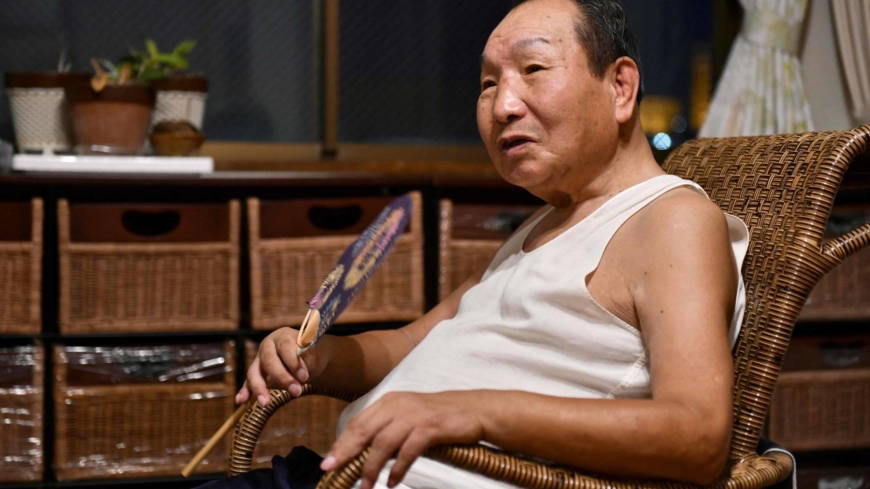
- ARAB NEWS
- 01 Aug 2025

Tokyo: Public prosecutors are in the final stage of preparations to prove the guilt of Iwao Hakamata, 87, in an upcoming retrial for him over the murder of four people in the central Japan prefecture of Shizuoka in 1966, it was learned Saturday.
Although the defense for Hakamata is calling for an early acquittal ruling for him to be issued, the retrial could be prolonged since the prosecution’s work for trying to prove his guilt would take time.
In the case that occurred in the city of Shimizu, now part of the city of Shizuoka, on June 30, 1966, an executive of a company producing miso and three family members were murdered and their house was set on fire. Hakamata, who was an employee of the company, was arrested in August the same year.
Hakamata was sentenced to death by Shizuoka District Court, and the ruling was finalized by the Supreme Court in 1980. In March this year, Tokyo High Court granted a retrial for Hakamata.
Many high-ranking prosecutors were cautious about seeking to prove Hakamata’s guilt when the high court decided the retrial. But the prosecution now believes that it is possible to prove Hakamata guilty following additional investigations, informed sources said.
In the murder trial, five pieces of clothing with bloodstains found in a miso tank near the murder site in late August 1967, about 14 months after the incident, were used as the main evidence to determine Hakamata’s guilt.
While reddish color remained in the bloodstains, Tokyo High Court, in making the decision to reopen the case, acknowledged the result of an experiment carried out by the defense side that reddish color from bloodstains on clothing disappears if the fabric is dipped in miso for over a year. The disappearance “can reasonably be inferred as a chemical mechanism,” the court concluded.
The high court even said it cannot be ruled out that investigators back then fabricated evidence.
The Tokyo High Public Prosecutors Office gave up appealing against the high court decision to reopen the case because filing an appeal with Supreme Court is limited to cases that involve constitutional violations and breaches of judicial precedents.
“Although there are certain points (in the high court decision) that we cannot accept, we concluded that there were no grounds for filing an appeal,” the prosecutors office said at the time.
But the prosecution now judges it possible to maintain its claim that Hakamata is guilty after seeking experts’ opinions and conducting a detailed examination of evidence obtained at the time of the crime, according to the informed sources.
At a meeting with the defense at Shizuoka District Court on April 10, the prosecution side requested that three months be given for it to decide whether to seek to prove Hakamata’s guilt while a deadline has been set on Monday next week.
JIJI Press